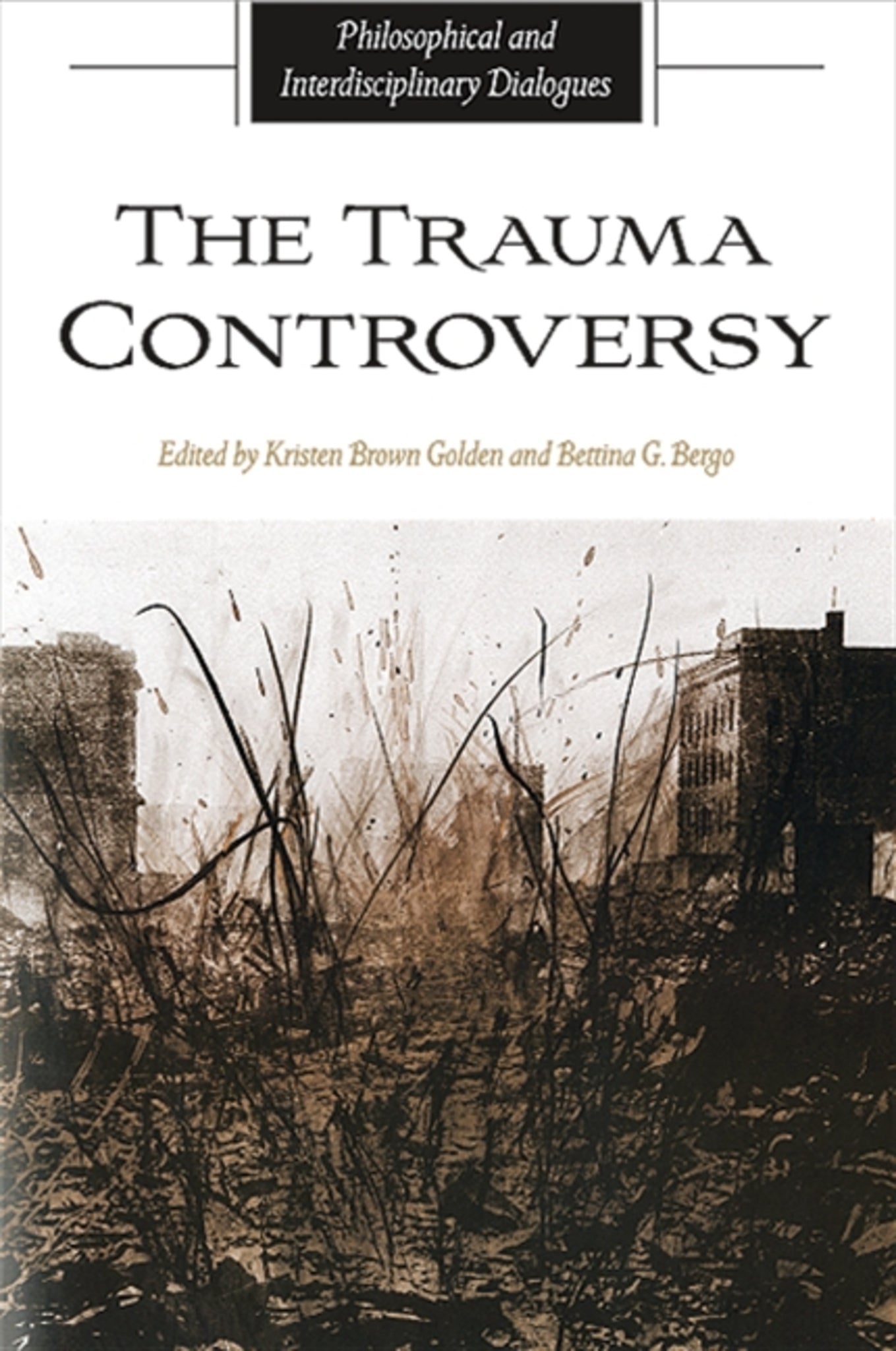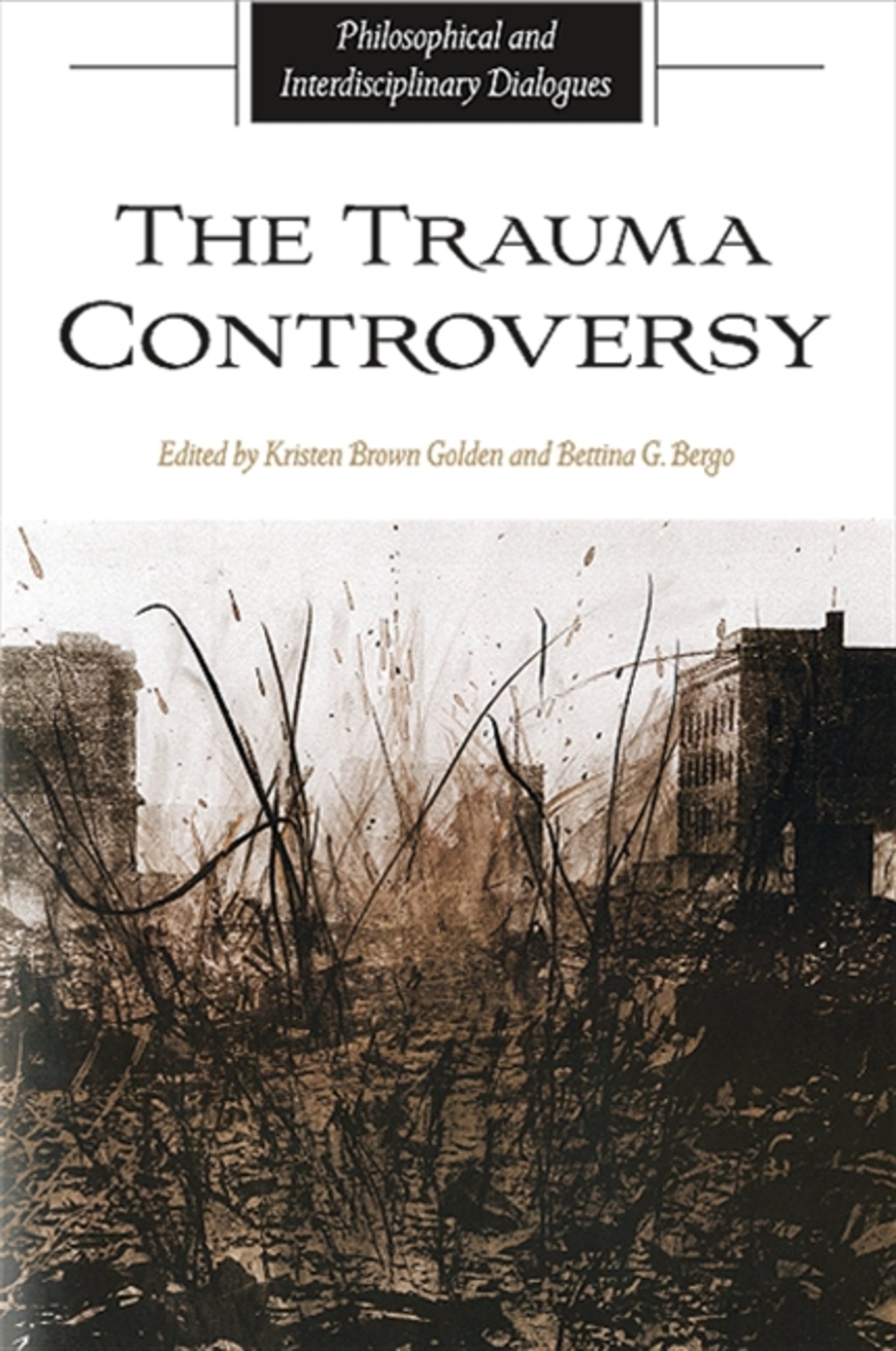We're sorry. An error has occurred
Please cancel or retry.
The Trauma Controversy

Some error occured while loading the Quick View. Please close the Quick View and try reloading the page.
Couldn't load pickup availability
- Format:
-
23 October 2009

Provides multiple and accessible perspectives on trauma both as a condition and as a cultural phenomenon.
More than a psychiatric or spiritual condition, trauma is an experience that exceeds the capacity of language to fix and settle it. As trauma crosses the lives of individuals and erupts into cultural and historical collectivities, it invites comparison with psychological dilemmas. But how best to compare individual and social trauma? What is the relationship between physical trauma and psychic trauma? How do cultures recover from trauma? To address these and other questions, the essays in The Trauma Controversy plumb the significance of various notions of trauma from a variety of perspectives and disciplines. Adopting psychoanalytic, clinical, historical, anthropological, and philosophical frameworks as well as engaging the ideas of a diverse range of thinkers, including Merleau-Ponty, Freud, Foucault, Heidegger, and Kristeva, The Trauma Controversy takes a productive and important step in advancing our understanding of trauma.


"Undoubtedly, this volume of essays offers a very interesting and thought-provoking look at trauma research, revealing and discussing the ostensibly resolved problems, which are regarded here from different and unexpected points of view." — H-Net Reviews (H-Ideas)
"…a highly thought-provoking collection, with a broad scope, which is destined to become a classic … It will be required reading for those working in Holocaust and Trauma Studies." — The Year's Work in Critical and Cultural Theory
"The Trauma Controversy is a remarkable book in that it is not merely a collection of discrete and unrelated essays by significant individual players. Rather, the editors have taken care to cultivate a genuine conversation between various contributors in the volume." — John J. Thatamanil, author of The Immanent Divine: God, Creation, and the Human Predicament
List of Illustrations
Acknowledgments
1. Introduction
Kristen Brown Golden and Bettina Bergo
PART 1. TRAUMA AND THEORETICAL FRAMEWORKS: PSYCHOANALYSIS AND PHENOMENOLOGY
2. A Late Adventure of the Feelings: Loss, Trauma, and the Limits of Psychoanalysis
Gregg M. Horowitz
3. Overcoming the Confusion of Loss and Trauma: The Need of Thinking Historically
Sara Beardsworth
4.Trauma and Speech as Bodily Adaptation in Merleau-Ponty
Kristen Brown Golden
PART 2. TRAUMA AND BODILY MEMORY: POETICS AND NEUROSCIENCE
5. Trauma and the Impossibility of Experience
Idit Dobbs-Weinstein
6.Trauma’s Presentation
Charles E. Scott
PART 3. TRAUMA AND CLINICAL APPROACHES
7.Crime and Memory
Judith Lewis Herman, M.D.
8.An Elephant in the Room: The Impact ofTraumatic Stress on Individuals and Groups
Sandra L. Bloom, M.D.
PART 4. TRAUMA AND RECENT CULTURAL HISTORY
9.The Snake That Bites: The Albanian Experience of Collective Trauma as Reflected in an Evolving Landscape
Michael L. Galaty, Sharon R. Stocker, and Charles Watkinson
10.Traumatic Life: Violence, Pain, and Responsiveness in Heidegger
Eric Sean Nelson
11.Trauma and Hysteria: A Tale of Passions and Reversal
Bettina Bergo PART 5. AFTERWORD
12.Terror’s Wake: Trauma and Its Subjects
Michael Lambek
List of Contributors
Index



